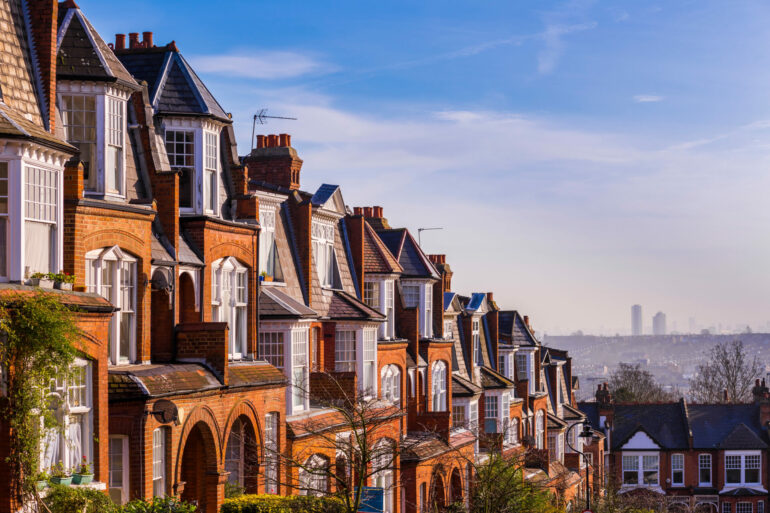A basic rate taxpayer will have to earn an additional gross take home pay of £14,107 to fund rising mortgage costs, according to research from Blick Rothenberg.
This research was based on today’s two-year fixed interest rate of 6.07%.
But with the public already under financial pressure, simply ‘getting a better job’ or taking on additional part-time work is virtually impossible.
Robert Salter, client services director at Blick Rothenberg, said: “It has been suggested that people should get a new higher paid job to mitigate increased bills. With these eye watering cost increases, for most people this is simply not plausible.
“For most people, it would not even be possible to take on an extra part-time job (say over 3-4 evenings per week), to receive such levels of income.”
With existing responsibilities already in place, such as current employment and concerns over childcare, most taxpayers already have enough on their plate.
Salter added: “Moreover, one should note that the above figures are best cases estimates of the additional gross income which one would need to earn simply to cover the additional mortgage and heating costs which many homeowners are now facing.
“The figures do not consider the punitive marginal tax rates which can apply in some situations or child benefit clawback which can apply, where one partner is in receipt of child benefit and the other partner has an income of over £50,000 per annum.
“People caught by such ‘traps’ in the tax system could easily have to increase their income by at least £18,000 per annum or more – the exact number would depend upon the number of children involved, to simply cover the mortgage and heating cost rises.”
The data also reveals that it is young homeowners who are the most likely to be affected, as maintaining inflationary increases in pensions will create a significant generational disparity, causing a stagnation in salary increases.
Salter said: “With such large increases in interest rates, the lending criteria for mortgages will tighten meaning that first time buyers will feel even more squeezed. The effect on the housing market from these changes will be pronounced.
“The average 2-year fixed rate mortgage interest rate today is 6.07%. In December 2021 the rate was just 2.34%
“The average house price in March 2022 was £297,254. Assuming a 75% interest-only mortgage, this would result in an increase in annual mortgage payments of £8,316.
“In December 2021, the average energy price cap was £1,223, it is now £2,500 resulting in average energy prices increasing by £1,277.
“In this situation the house owner would have to pay additional costs of £9,593, nearly £800 a month from net pay.”




